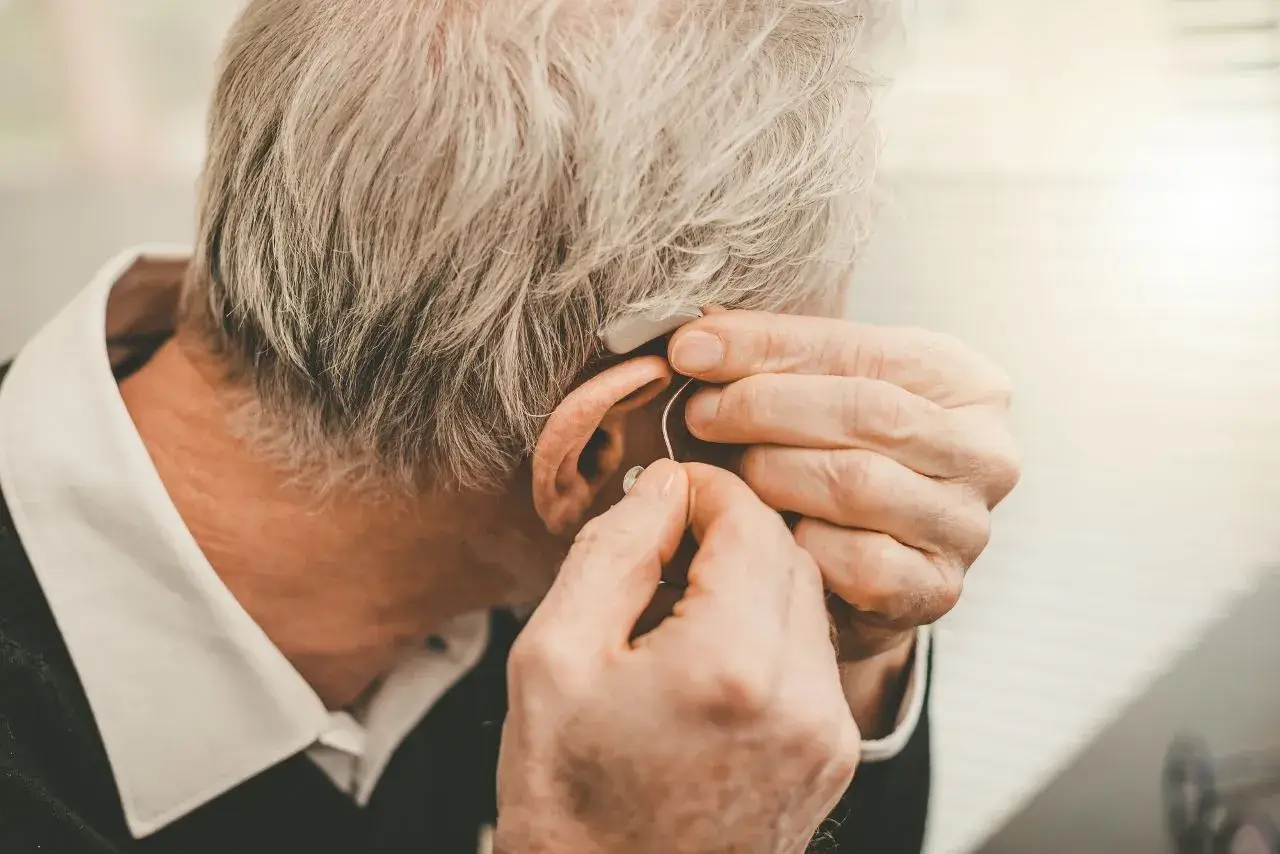Blog
Blog
Why do my hearing aids squeak?

A squawking hearing aid is frequently caused by feedback. Feedback happens when the sound coming out of your hearing aid leaks back into the device’s microphone, creating a continuous loop of sound that can be quite loud and annoying to you and those around you. Fortunately, you can take steps to reduce or eliminate a squealing hearing aid.
Hearing aid feedback causes and prevention
If your hearing aid is making whistling or squeaking sounds, it could be due to one or more of the following reasons.
- A blocked ear canal. People with hearing aids often experience excessive ear wax buildup. If a buildup of wax blocks your ear canal, the sound will have nowhere to travel and will loop back into the device’s microphone. If you have a substantial buildup of wax in your ears, a physician or an audiologist can safely remove it.
- A poor fit. Your hearing aid must fit snugly to the contours of your ear. If there are gaps or spaces, sound from the device can echo into the microphone, causing it to screech. If you have or domes that don’t fit properly, return them to your hearing care provider to get them refit, or adjusted to fit your ear better. Impressions may need to be re-taken for new earmolds. Alternatively, your audiologist may be able to assist you in re-positioning the hearing aid correctly in your ear, to help prevent potential feedback from the hearing aid hitting the ear canal. Your audiologist can counsel on the proper insertion of the hearing aid, mold, or dome in the ear.
- High volume. If you have the volume turned up too loud on your hearing aid, it may cause the sound to leak out of your ear and back into the microphone, causing it to whine. Try turning down the volume to prevent feedback.
- Mechanical problems. Hearing aids are made of numerous mechanical parts, and a malfunction may cause your device to squeal. For instance, there may be a hole in the tubing or potentially a misshapen electrical contact between the casing and the speaker. Your hearing care provider can determine if your hearing aid is experiencing a mechanical difficulty and help you solve the problem.
Hearing aid types and feedback
Certain types of hearing aids are more susceptible to ear wax clogging the speaker creating squeaking, including:
Other hearing aids, such as behind-the-ear (BTE) and , hearing aids are less likely to be affected by wax buildup but more likely to be affected by wind noise. An audiologist can help you choose the best hearing aid style for your needs.
Hearing aids in Calgary, Grande Prairie, High River and Lethbridge
At Soundwave Hearing Care, we’re 100% independent, 100% Canadian and 100% audiologist-owned. We’re an authorized supplier of Starkey, Phonak and Resound hearing aids and will ensure they fit correctly.
We can also refit your device, even if you didn’t purchase it from us. Contact any one of the four Soundwave Hearing Care locations today to book an appointment with an audiologist
All the blogs are reviewed and edited by our clinic's lead audiologist, Dr. Anne Wooliams. Dr. Woolliams is an experienced audiologist specialized in pediatric audiology, auditory processing, and tinnitus/sound sensitivity therapy. She is dedicated to providing top-notch hearing care and helping her clients improve their language and communication abilities. Dr. Woolliams' expertise in literature and linguistics, combined with her passion for helping people improve their language and communication, make her an incredibly valuable asset in the field of audiology. Learn more about Dr. Woolliams.
